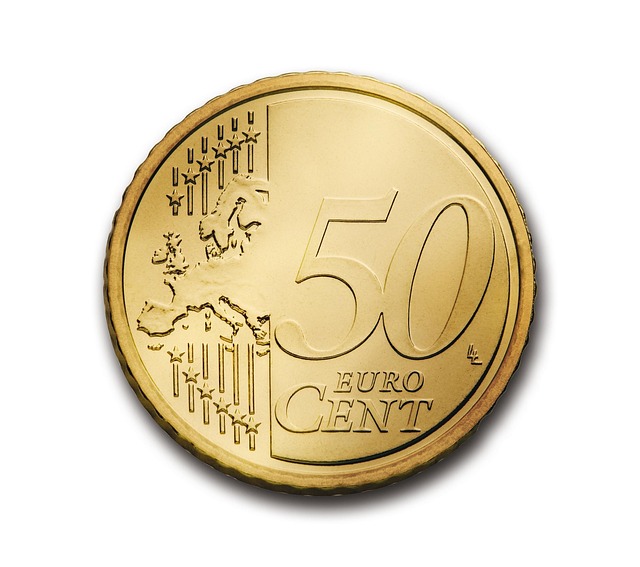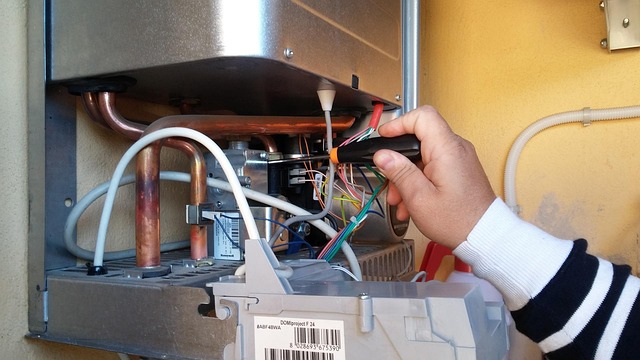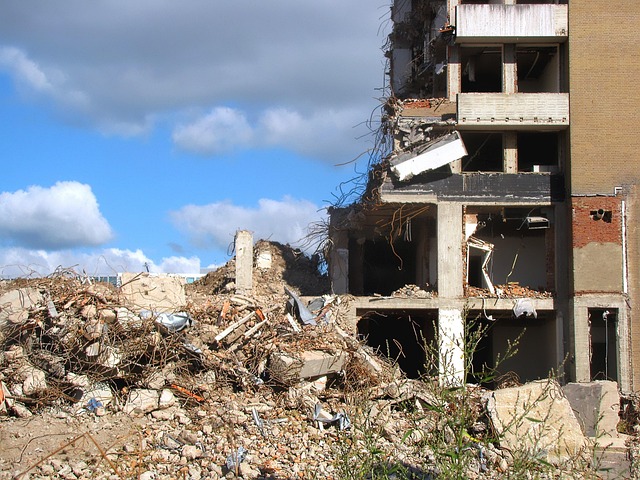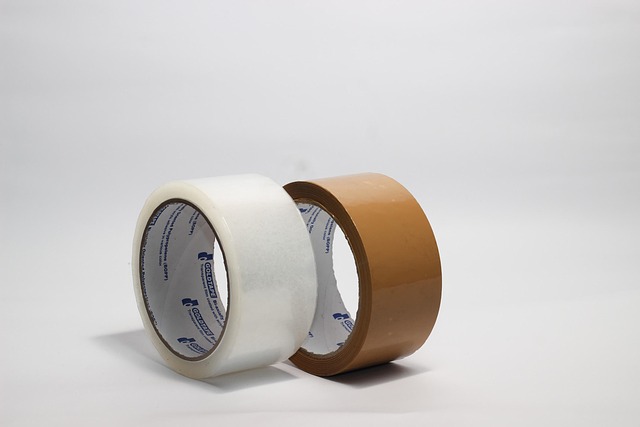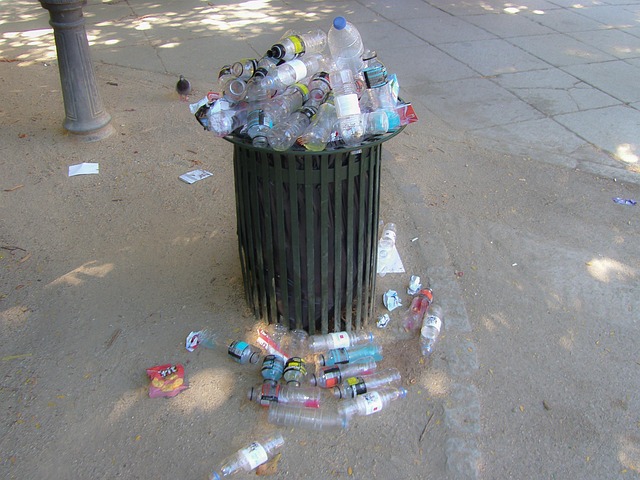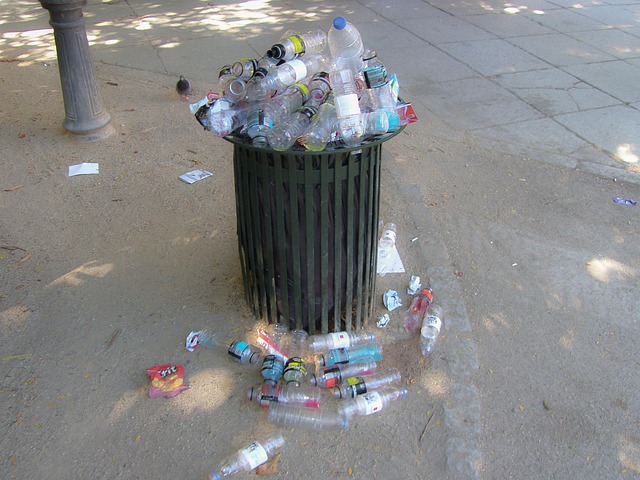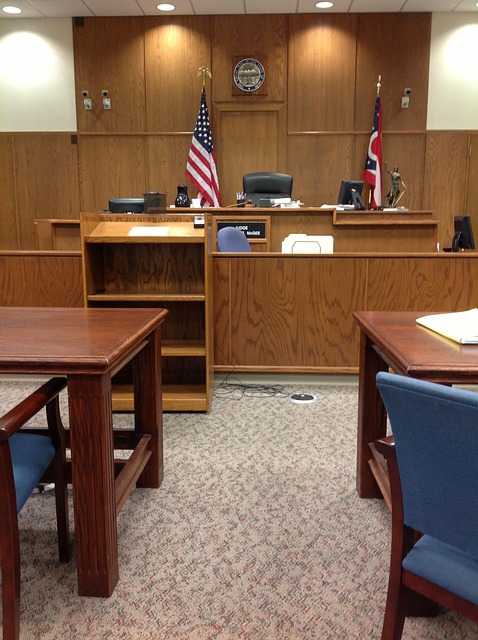The NYS electronic recycling law strictly regulates e-waste disposal in New York State, including Boston. Boston residents and businesses adhere to these guidelines, preventing hazardous materials from landfills and water systems. NYC businesses also comply, partnering with certified recyclers for safe e-waste management. This collaborative effort between NYC and the state enhances environmental protection through responsible e-waste handling, leveraging shared resources and expertise. Incentives and mandated programs drive sustainable practices in densely populated areas, reducing environmental impact while potentially lowering costs.
“New York City (NYC) faces unique challenges in hazardous waste collection due to its dense population and diverse industries. This article explores best practices and regulatory frameworks designed to ensure safe disposal, focusing on the intricate dance between local initiatives and state legislation, such as the NYS Electronic Recycling Law. We delve into Boston’s role as a model for efficient HazMat management, offering insights into collaborative efforts and incentives that drive proper e-waste recycling in NYC and beyond.”
- Understanding NYS Electronic Recycling Law
- Boston's Role in Hazardous Waste Collection
- NYC: Best Practices for Safe Disposal
- Common HazMat Items Banned in NY State
- Collaborative Efforts Between Cities and State
- Incentives for Proper E-Waste Management
Understanding NYS Electronic Recycling Law

In New York State, the NYS Electronic Recycling Law mandates proper disposal and recycling of electronic devices to minimize environmental impact. This law extends to Boston residents who must adhere to strict guidelines when getting rid of old electronics. Recycling electronics responsibly is not just about compliance; it’s a crucial step towards preserving our environment.
Boston plays a significant role in responsible electronic waste (e-waste) recycling under this state law. By following the NYS Electronic Recycling Law, Boston residents can ensure their used electronics are handled properly, preventing hazardous materials from entering landfills and water systems. Proper e-waste management is key to maintaining a sustainable future, and Boston’s adherence to these state laws and regulations sets an example for other cities.
Boston's Role in Hazardous Waste Collection

In the context of New York State’s (NYS) efforts to streamline electronic waste disposal, Boston plays a notable role in hazardous waste collection and management. According to the NYS electronic recycling law, both Boston residents and businesses have specific responsibilities regarding electronic recycling. Boston residents’ rights regarding electronic recycling per NYS law ensure that they have access to convenient drop-off locations for their e-waste. This aligns with NYC vs. Boston: Electronic waste disposal laws compared, where each city has established its own frameworks while adhering to the broader guidelines set by the state.
Boston area businesses’ responsibilities for e-waste recycling under NYS law are significant. The city’s stringent regulations encourage a culture of responsible electronic waste management. This includes proper disposal and recycling of hazardous materials, such as batteries, computers, and televisions, ensuring that these items don’t end up in landfills. By complying with the NYS electronic recycling law, Boston businesses contribute to a cleaner, more sustainable environment not just locally but also across the state.
NYC: Best Practices for Safe Disposal

New York City (NYC) residents and businesses must adhere to stringent guidelines when it comes to hazardous waste collection, especially in relation to electronic waste. The NYS electronic recycling law, designed to protect both the environment and public health, applies not just in Boston but across the state, including NYC. This legislation emphasizes the importance of proper e-waste management, ensuring that materials like computers, phones, and other electronics are recycled or disposed of safely.
Understanding the NYS regulations on electronic recycling programs is crucial for businesses operating in Boston. The state has mandated specific solutions for the collection and treatment of e-waste, ensuring that these hazardous materials do not end up in landfills. NYC’s best practices involve partnering with certified and responsible recyclers who comply with both local and statewide legislation. This includes proper labeling, secure transportation, and specialized processing techniques to minimize environmental impact and maximize resource recovery.
Common HazMat Items Banned in NY State

In New York State (NYS), certain hazardous materials (HazMat) items are strictly regulated to ensure the safe disposal and recycling of electronic waste. Common banned items include computers, monitors, and other electronic devices that contain toxic substances like lead, mercury, and cadmium. These regulations are in line with the NYS electronic recycling law, which aims to minimize environmental impact and promote responsible e-waste management.
When comparing NYC vs. Boston, both cities have adopted robust electronic waste disposal laws that align with NYS environmental initiatives for electronic recycling. While the specific regulations may differ slightly, both Boston’s and NYC’s recycling programs prioritize the safe and compliant disposal of electronics according to the state’s guidelines. This ensures that harmful substances are appropriately treated and recycled, contributing to a cleaner and more sustainable environment.
Collaborative Efforts Between Cities and State

In the realm of environmental stewardship, New York City (NYC) takes a leading role in collaboration with the state to manage hazardous waste, particularly electronic waste or e-waste. The NYS electronic recycling law sets guidelines and standards for proper disposal and recycling, ensuring that cities like Boston also adhere to these regulations. This unified approach leverages the resources and expertise of both urban centers to enhance environmental protection.
Boston residents’ rights regarding electronic recycling per NYS law are a key aspect of this collaboration. The city offers various drop-off locations and collection events where Boston residents can responsibly dispose of their e-waste, following the guidelines outlined in the state’s legislation. Electronic waste management: Boston’s adherence to state laws and regulations ensures that not only do they comply with the NYS electronic recycling law but also set an example for sustainable practices among urban populations across the nation.
Incentives for Proper E-Waste Management

Incentives play a significant role in encouraging proper e-waste management, especially in densely populated areas like New York City and its environs. The NYS electronic recycling law, which extends to Boston, recognizes the importance of sustainable disposal methods for electronic waste (e-waste). Businesses in the Boston area are not only mandated by state law to implement electronic waste reduction programs but also stand to benefit from various incentives.
NYS offers a range of initiatives to promote responsible e-waste management, including tax benefits and grants for businesses that actively participate in recycling programs. These measures aim to reduce the environmental impact of e-waste, which often contains toxic substances. By adhering to the NYS law, Boston area businesses can contribute to a greener environment while potentially saving costs associated with proper disposal and recycling of electronic equipment.
The interplay between cities like Boston and state initiatives, such as the NYS Electronic Recycling Law, plays a pivotal role in ensuring safe hazardous waste collection and proper e-waste management. By adhering to best practices and collaborative efforts, NYC can lead by example in navigating the complex landscape of HazMat disposal. Understanding the banned items under NY State laws and exploring incentives for responsible recycling are key steps towards a greener future, where bustling cities like Boston and NYC minimize their environmental footprint.



